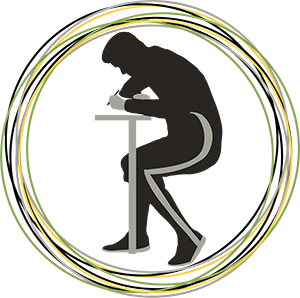
In English mistakes are often made by using the infinitive when other forms of the verb should be used. This is one example…
We use the gerund (V+ING) after certain adjectives. Busy is one of those adjectives.
If you have noticed, busy helps the main verb (was cleaning) describe the state of the person.
She WAS busy CLEANING the house.
In reality this is simply a continuous tense and as such needs to have to be + V1+ING, busy is just introduced to add more information.
Let’s look at the rules for using the gerund (verb ending in ‘ing’) instead of the infinitive (to + verb)
- After prepositions. – He worked without stopping.
- After words which regularly take a preposition, such as fond of, insist on, tired of, succeed in. – He succeeded in catching the rat.
- After certain verbs, such as avoid, enjoy, finish, stop, risk, excuse. – They enjoy playing football.
- After the adjectives busy and worth. – Lena was busy writing a book. This date is worth remembering.
- After certain phrases, such as it’s no use, it’s no good, I can’t help, would you mind, look forward to – I think it’s no use trying again. I can’t help feeling angry about it.
- DANGER!!! You can use both the gerund or the infinitive after certain verbs, such as begin, like, dislike, hate, love, prefer. – He began to talk or He began talking.
Now what you were looking for….
The correct answer was… B
